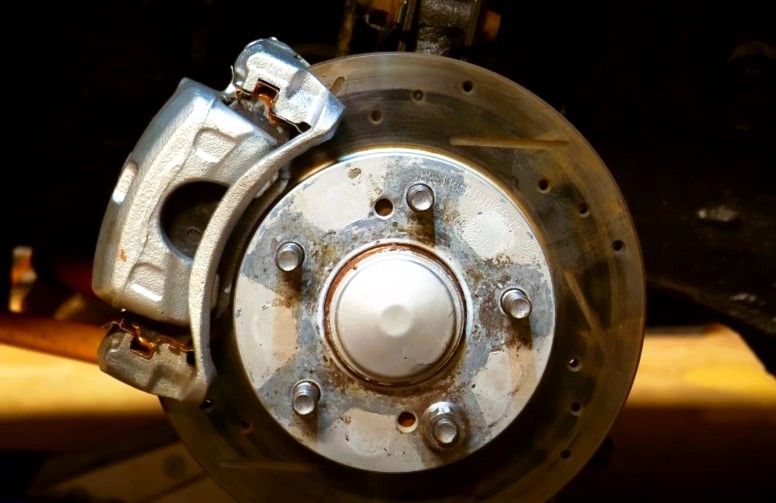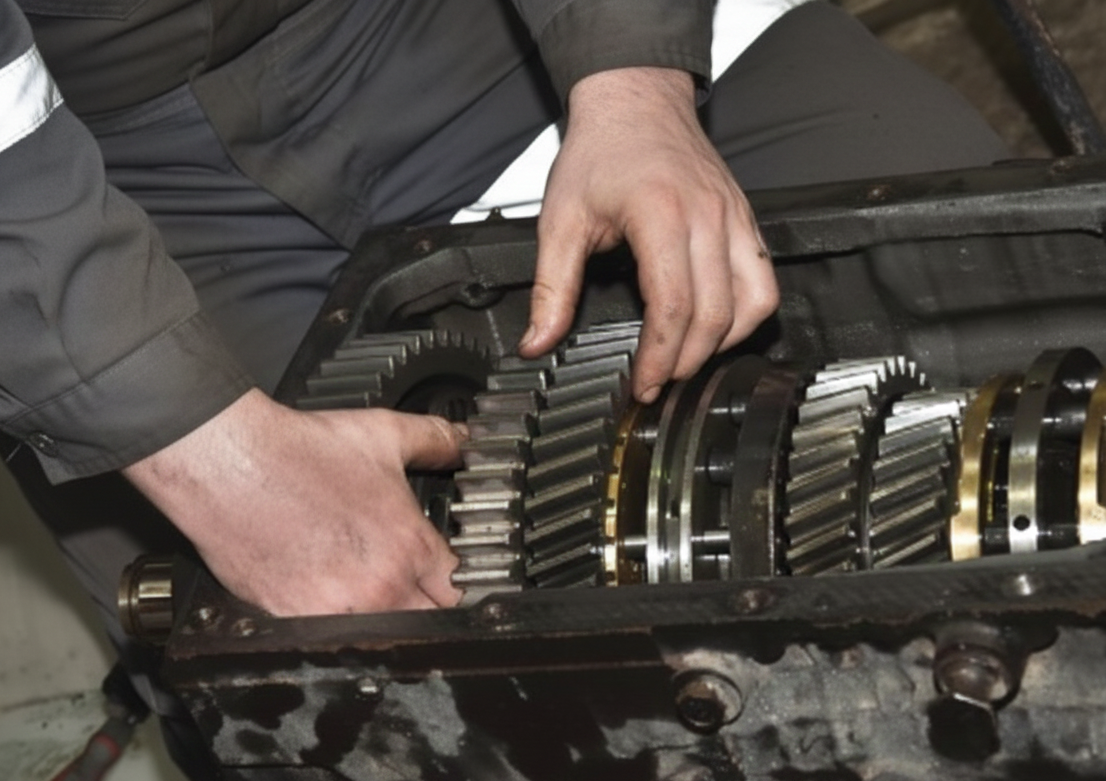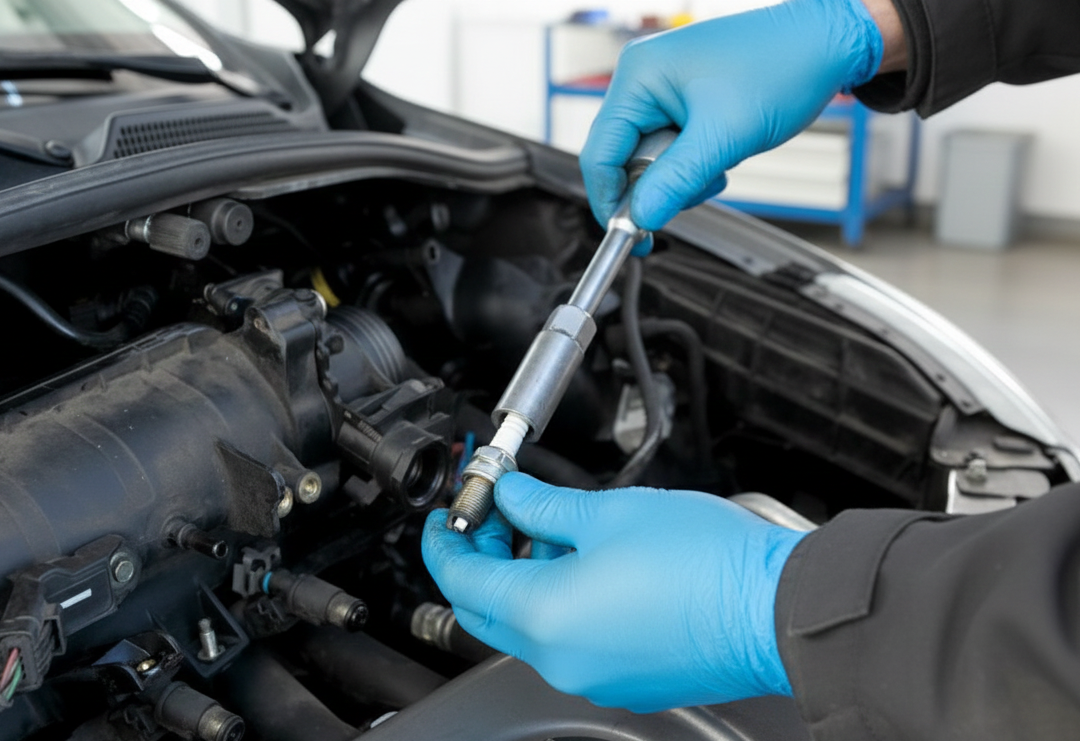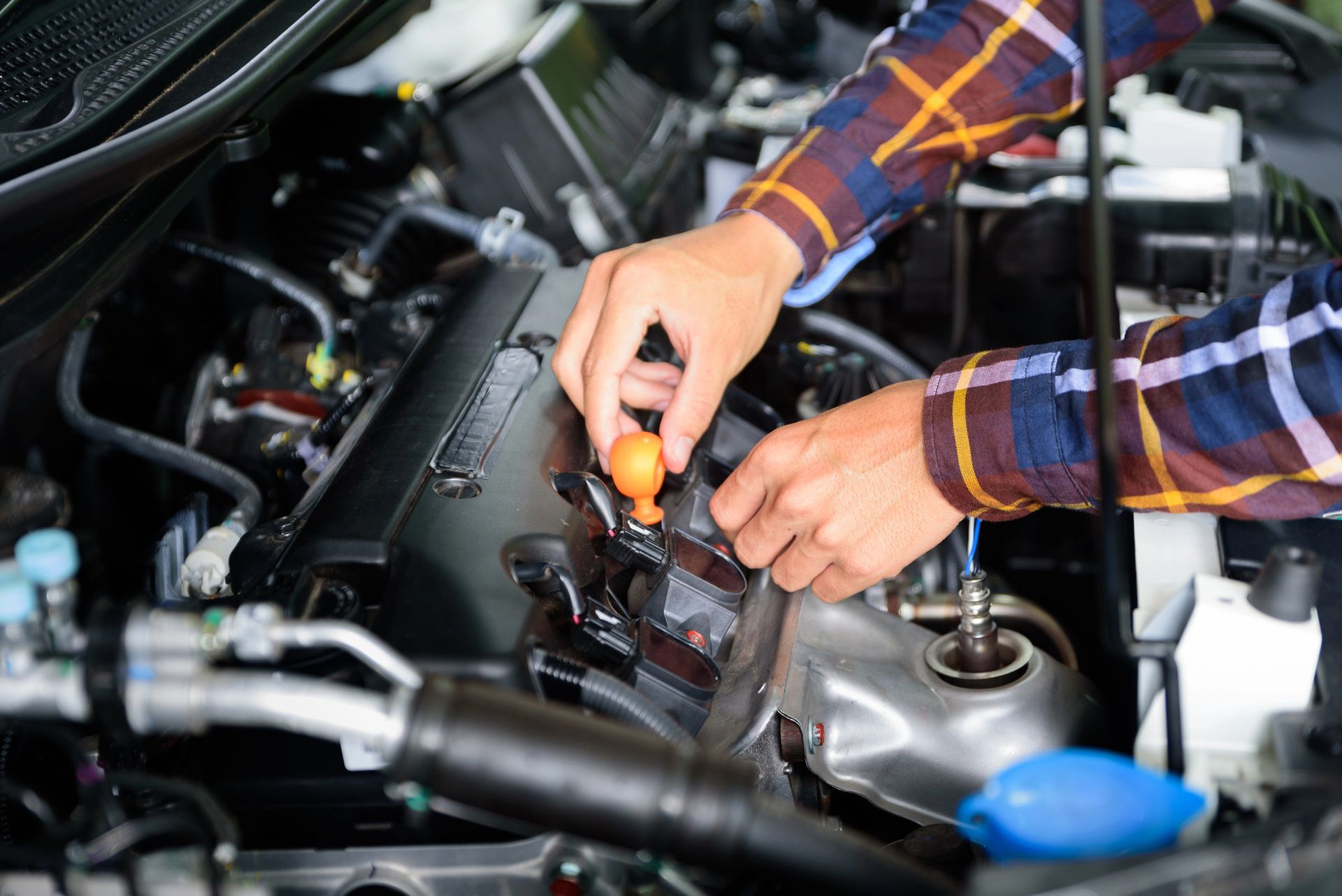The Risks of Neglecting Brake Maintenance
Why ignoring brake maintenance could put your safety and wallet at risk

Your brakes are the unsung heroes of your car, keeping you safe whether you’re crawling through traffic or cruising down the highway. Let’s face it—brakes are often ignored until they start causing problems. Staying on top of brake maintenance can save you from bigger headaches (and expenses) down the road.
Neglecting your brakes isn’t just expensive—it’s dangerous. In this guide, we’ll break down how your brake system works, the telltale signs something’s wrong, what can happen if you ignore the problem, and simple tips to keep your brakes performing their best.
Understanding How Brake Systems Work
Getting to know how your brakes work can really show you why keeping them in good shape is so important. The heart of most modern braking systems can be broken down into four main components:
- Brake Pads: These components press against the rotors, generating friction that slows down and stops your vehicle effectively.
- Rotors: The metal discs connected to your wheels, taking the heat (literally) when the brake pads clamp onto them.
- Calipers: These are the powerhouse of your brake system, pressing the pads firmly against the rotors to bring your car to a safe stop.
- Brake Fluid: The lifeline of your brakes, this hydraulic fluid takes the pressure from your foot on the pedal and transfers it to the braking system.
Pressing the brake pedal sets off a chain reaction—brake fluid builds hydraulic pressure, pushing the brake pads against the rotors. This friction is what slows your car and brings it to a stop. But brakes don’t last forever. Over time, pads wear out, rotors can warp, and brake fluid absorbs moisture, which can weaken your stopping power. Regular maintenance is essential to ensure your brakes perform reliably whenever you need them.
Critical Signs That Your Brakes Require Immediate Attention
Brake issues don’t just appear out of nowhere—they build up over time, usually with plenty of warning signs along the way. If you notice any of these warning signs, it’s time to have your brakes inspected sooner rather than later:
- Unusual Sounds: If you’re hearing squeaks or high-pitched squeals, it’s likely time to check your brake pads—they might be wearing thin. If it’s more of a grinding sound, it could mean the pads are gone, and the metal is hitting your rotors—definitely not good.
- Squishy Brake Pedal: If your brake pedal feels softer than usual or you have to press harder to stop, you might have air in the brake lines or a brake fluid leak. No matter what, now's the perfect moment to give it a look.
- Shaking When Braking: A vibrating brake pedal or a wobbly steering wheel is often a sign of warped rotors. Don’t ignore this—it won’t fix itself.
- Longer Stopping Time: If you’re taking longer to stop than you used to, your brake pads might be past their prime, or another part of the system could be wearing out.
- Brake Warning Light: That little light on your dashboard isn’t there for decoration. If it pops on, it’s usually pointing to an issue like low fluid or another brake-related problem. Don’t brush it off—it could save you from major trouble.
Pay attention to these warning signs. Ignoring them could lead to something as serious as brake failure, and nobody wants that.
Why Ignoring Brake Maintenance Can Cost You Big
Putting off brake maintenance isn’t just risky—it can hit your safety and your wallet hard. Here’s what could go wrong if you ignore those brake issues:
Increased Stopping Distance
When brake pads wear out, they can’t create friction as effectively. At 60 mph, your car could take an extra 20 feet to stop—that’s about the length of two cars. A few extra feet might be all it takes to turn a potential crash into a narrow escape.
Brake Failures and Their Role in Accidents
The National Highway Traffic Safety Administration (NHTSA) reports that brake problems account for 22% of vehicle accidents linked to mechanical failures. Ignoring brake issues significantly raises the chance of a total brake failure, leading to potentially devastating consequences.
Higher Repair Costs
A lot of drivers put off getting their brakes checked to save a few bucks, but holding off too long can end up costing way more in the long run.
- Brake Pad Replacement: $150–$300 per axle
- Rotor Replacement: $300–$500 per axle
- Full Brake System Overhaul: $1,000 or more
Swapping out your brake pads early can save you from costly repairs down the road by protecting your rotors and calipers from damage.
Damage to Other Vehicle Components
Brakes don’t work alone. When brake components wear out, they can cause uneven tire wear, put extra stress on your suspension, and add strain to your brake lines and calipers. Over time, these issues can snowball into pricier fixes and take a toll on how smoothly your car runs.
How Do You Know It’s Time to Check Your Brakes?
Keeping your brakes in top shape is all about regular check-ups and replacing them when needed. Here’s a handy guide to keep your brakes working their best:
- Check Your Brake Pads: Every 10,000–15,000 miles, give your brake pads a look. If your tires are wearing down to less than 4 mm, it’s time to swap them out. Don’t wait until you’re running on borrowed time!
- Inspect the Whole Brake System: At least once a year or every 12,000 miles, schedule a full brake check to make sure everything’s working as it should.
- Think About How You Drive: Sitting in stop-and-go traffic? Tackling steep hills? Carrying heavy gear? Your brakes work hard in these situations, so it’s a good idea to check them regularly to keep yourself safe.
Should You Check Your Brakes or Leave It to the Pros?
Checking your brakes at home is a great start, but nothing beats a professional inspection for a clear picture of their condition.
What You Can Do at Home
- Listen Closely: Keep an ear out for any unusual sounds like squealing, squeaking, or grinding—it could be your brakes trying to tell you something.
- Check the Brake Fluid: Take a quick look at the fluid. It should be clear, not dark or dirty. If it’s running low, there could be a leak that needs fixing.
- Look at the Brake Pads and Rotors: If you can see them through your wheels, check if the brake pads look too thin or if the rotors seem uneven. These are signs it’s time for a closer look.
Why Professional Inspections Are Essential
A skilled mechanic comes equipped with the expertise and tools to:
- Take a close look at your brake pads and carefully check their thickness to ensure they're in good shape.
- Spot leaks or air bubbles hiding in the brake lines.
- Inspect calipers, rotors, and other components to catch any hidden issues.
A professional inspection today can catch small issues before they grow into expensive, dangerous problems later.
Don’t Wait Until It’s Too Late
Brakes aren’t just another part of your car—they’re what keep you safe on the road. Skipping maintenance can put you, your passengers, and everyone else at risk.
If something doesn't feel quite right or it's been too long since your last check, trust your gut—get it looked at.
Book a brake inspection with SLC Fleet Pro Mobile Mechanic today. Our skilled techs come to you, so you get expert care without the hassle. Stay safe out there—get your brakes checked before it’s too late.


